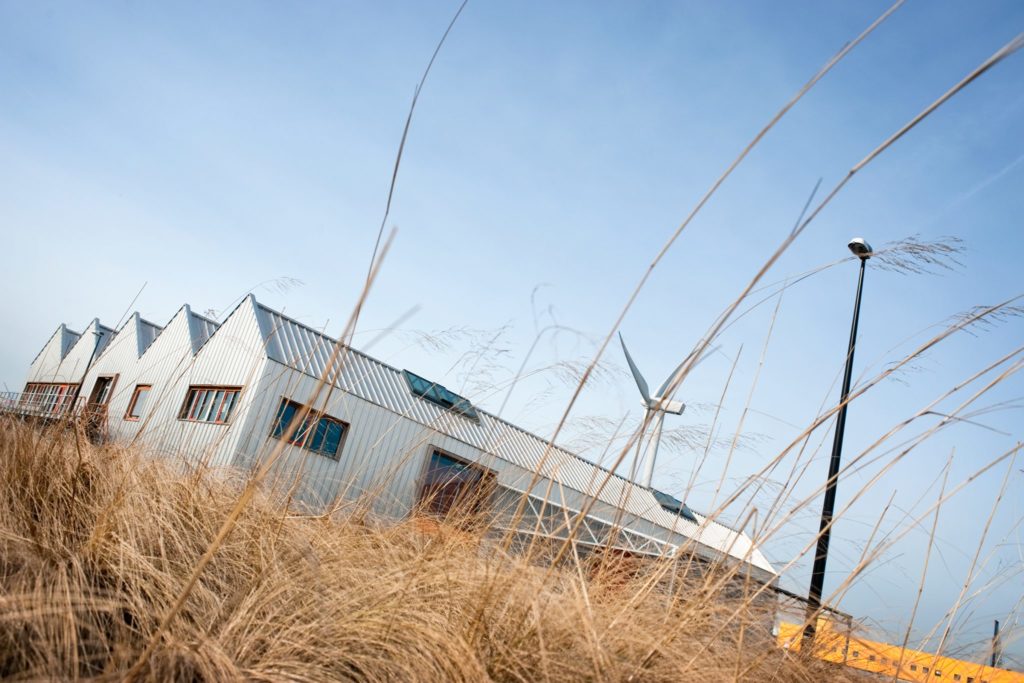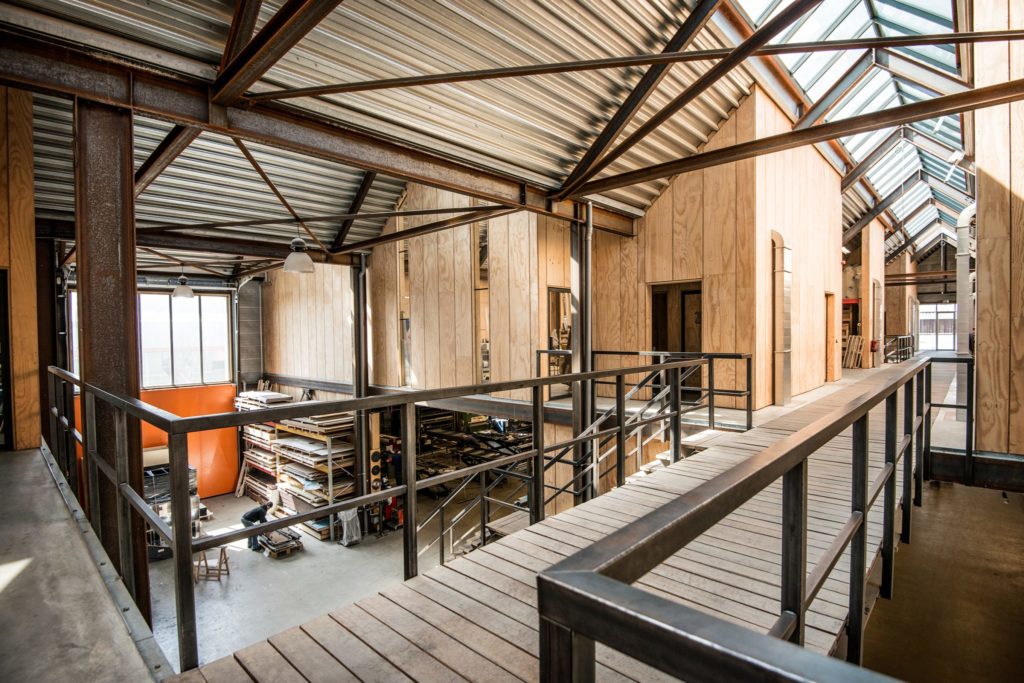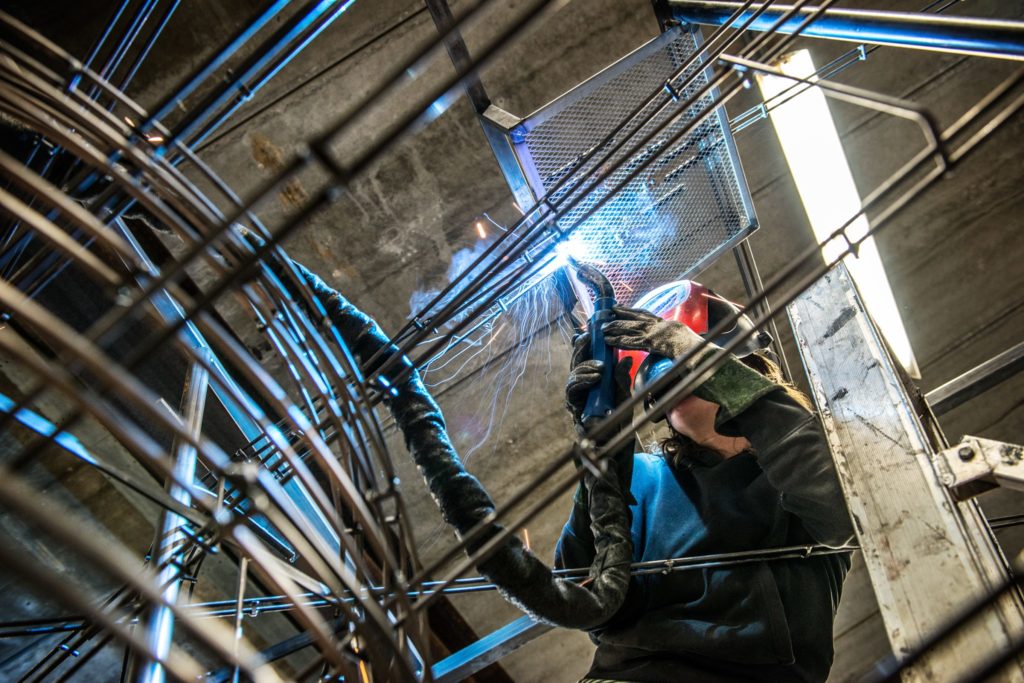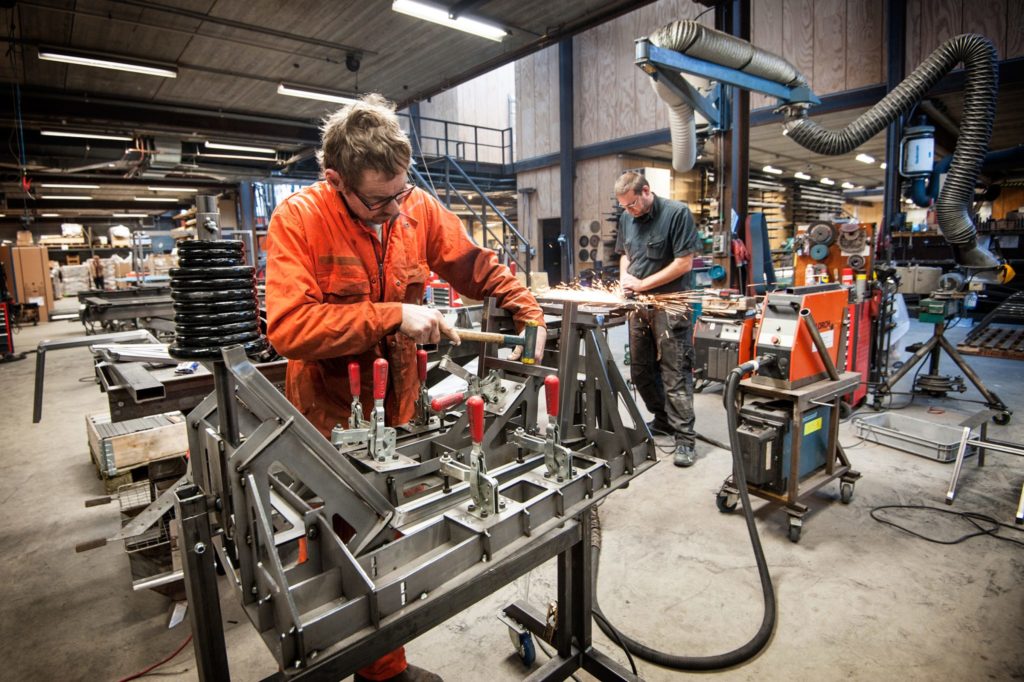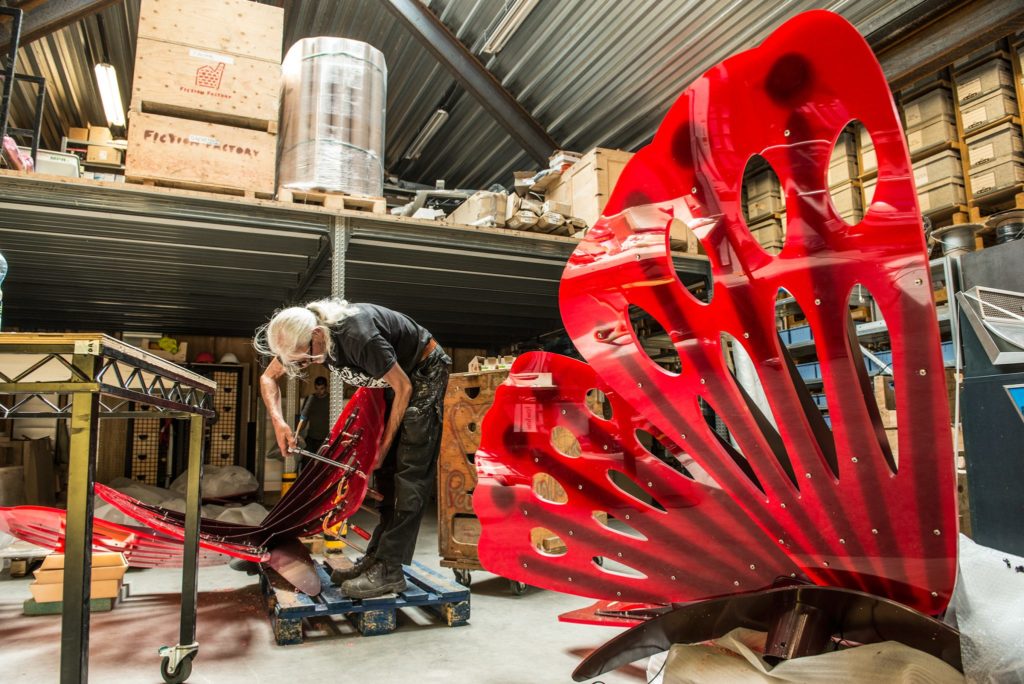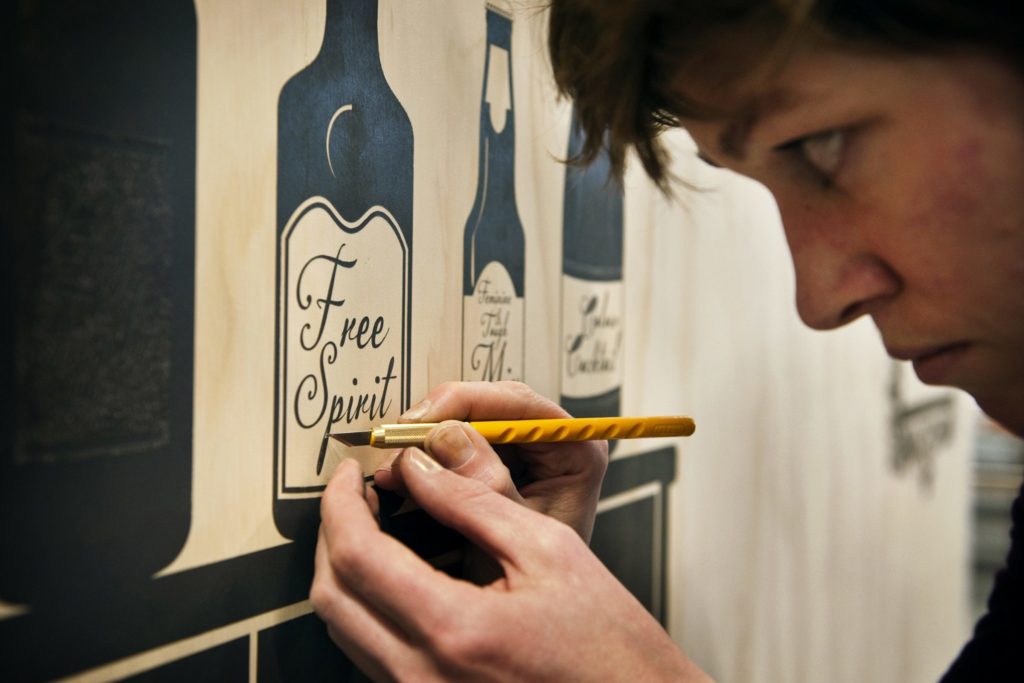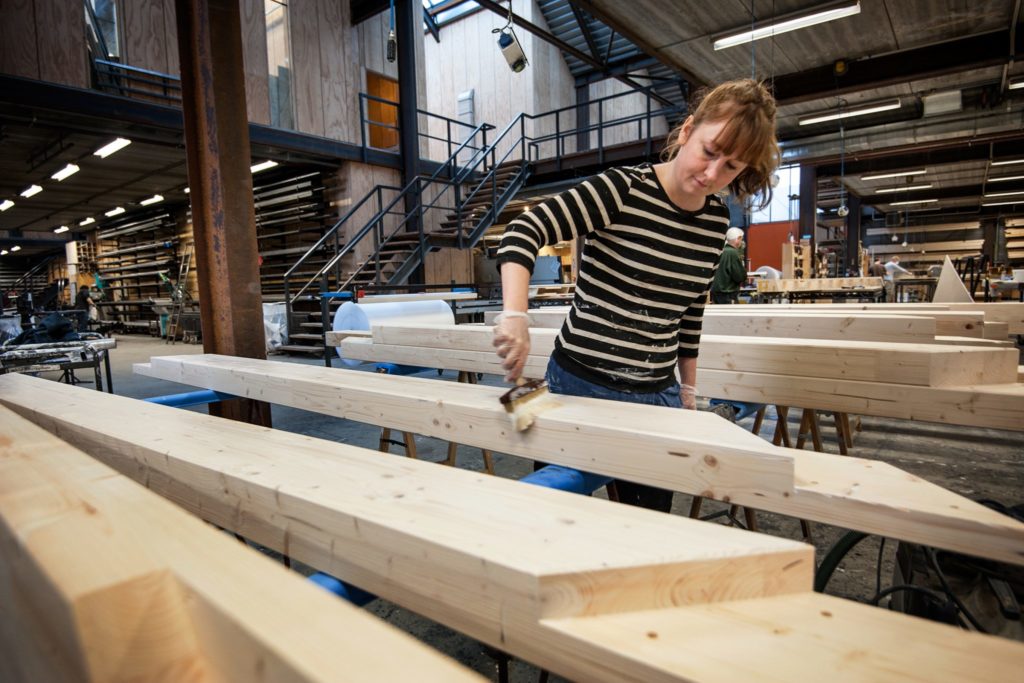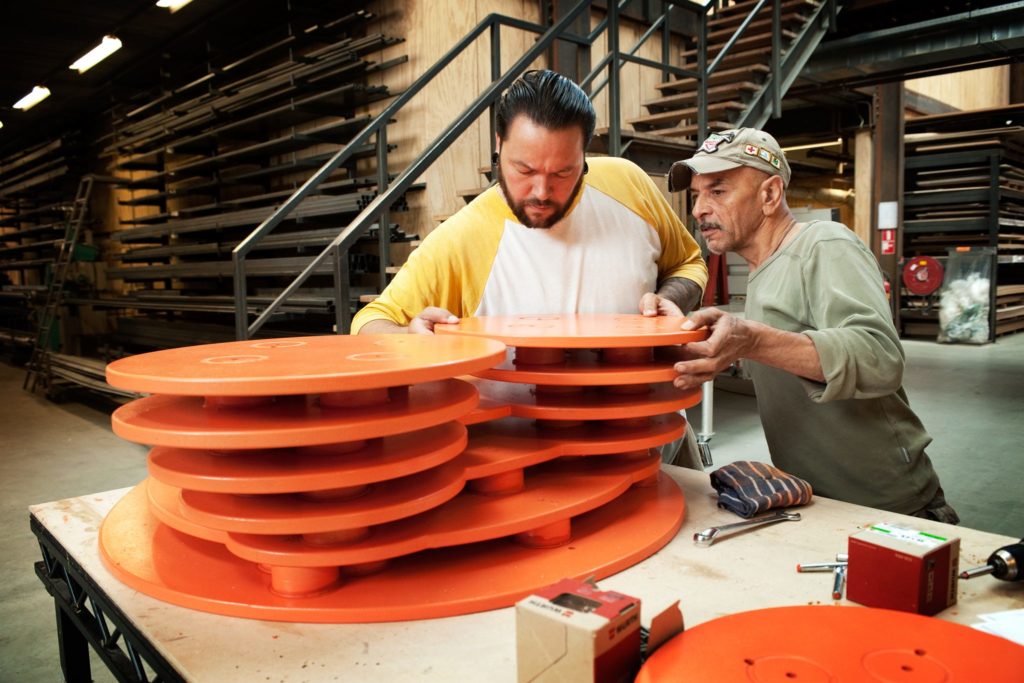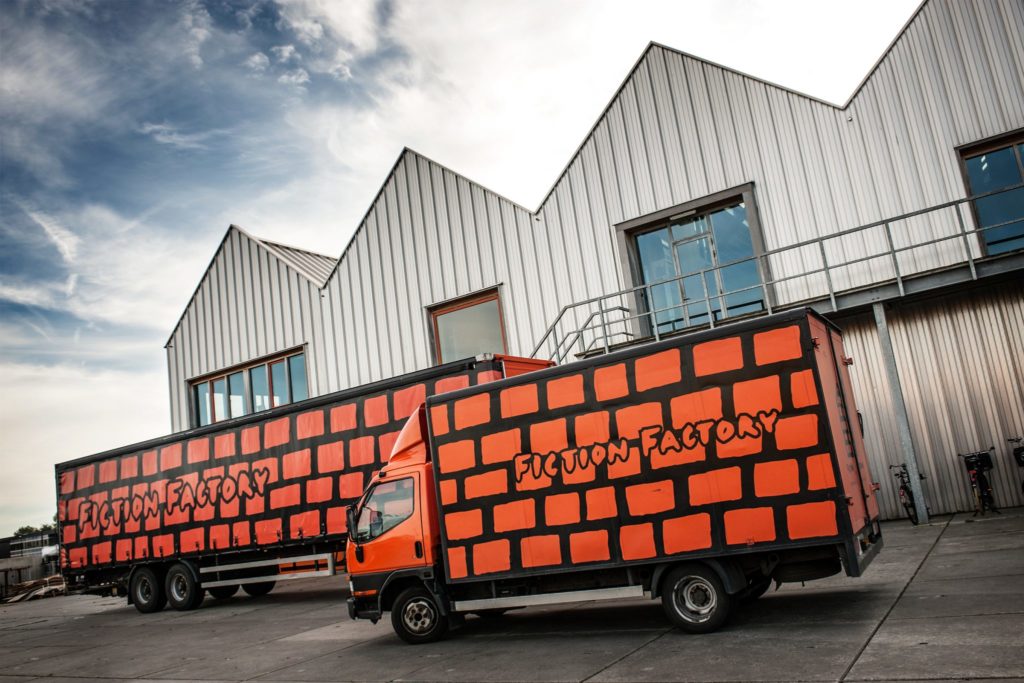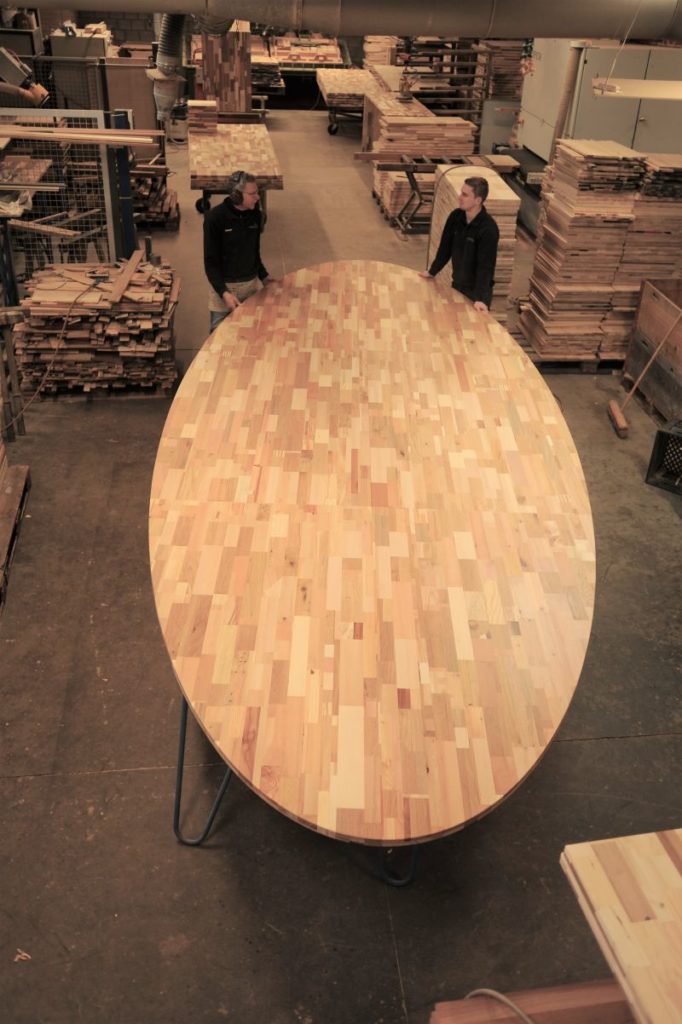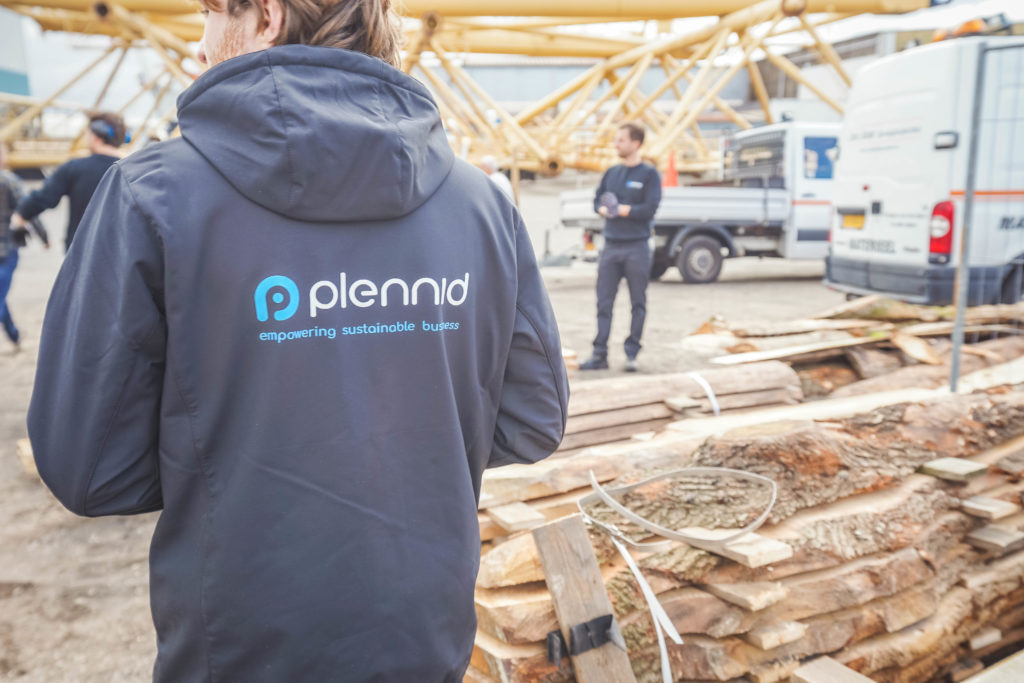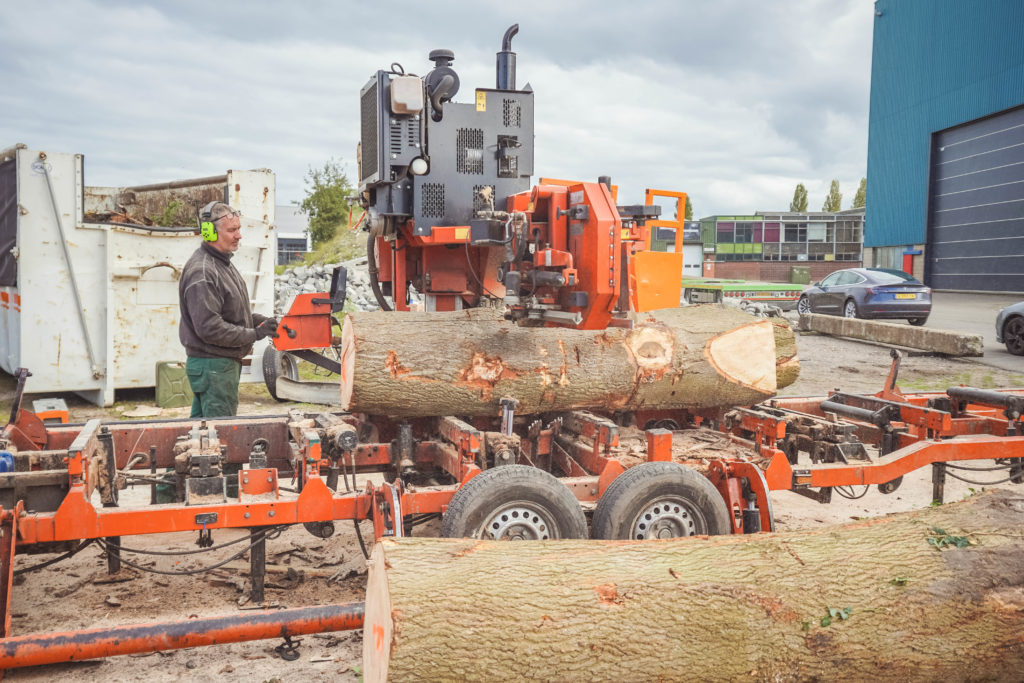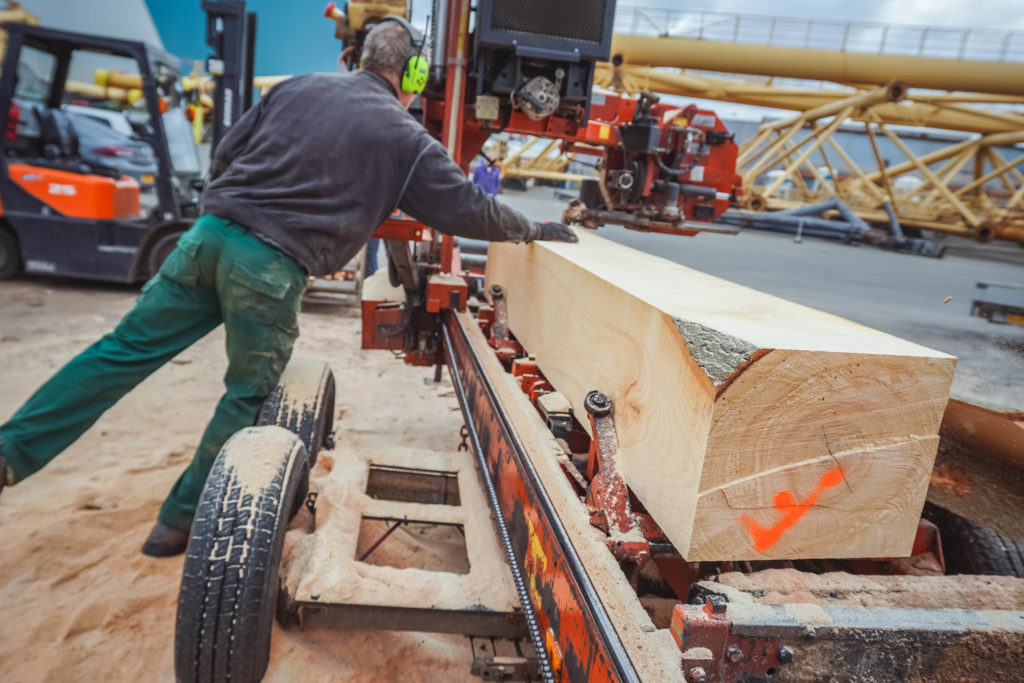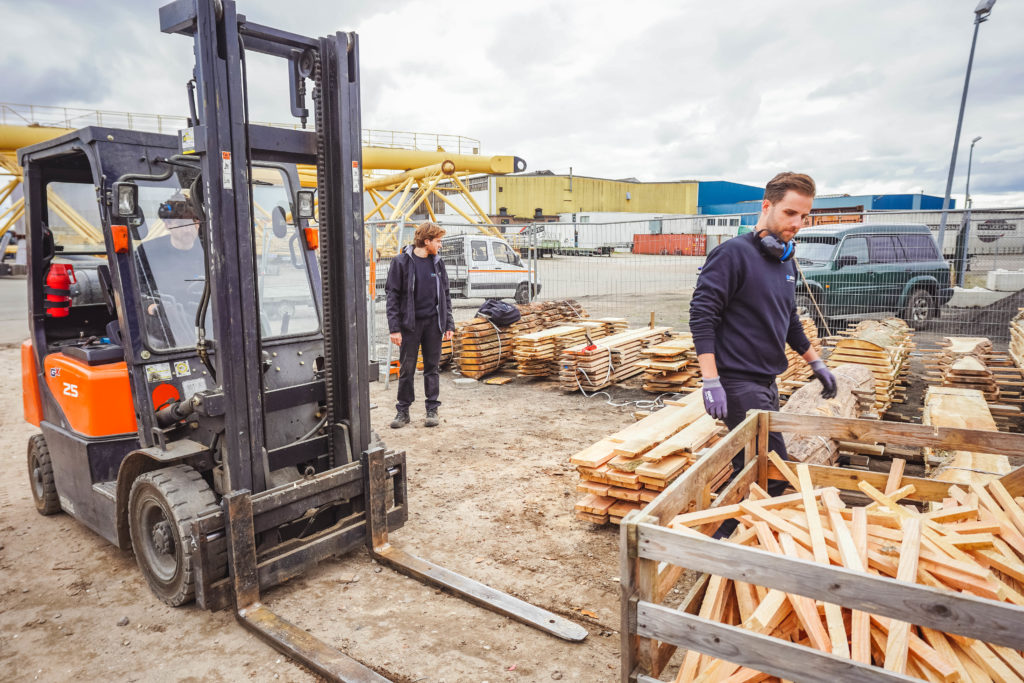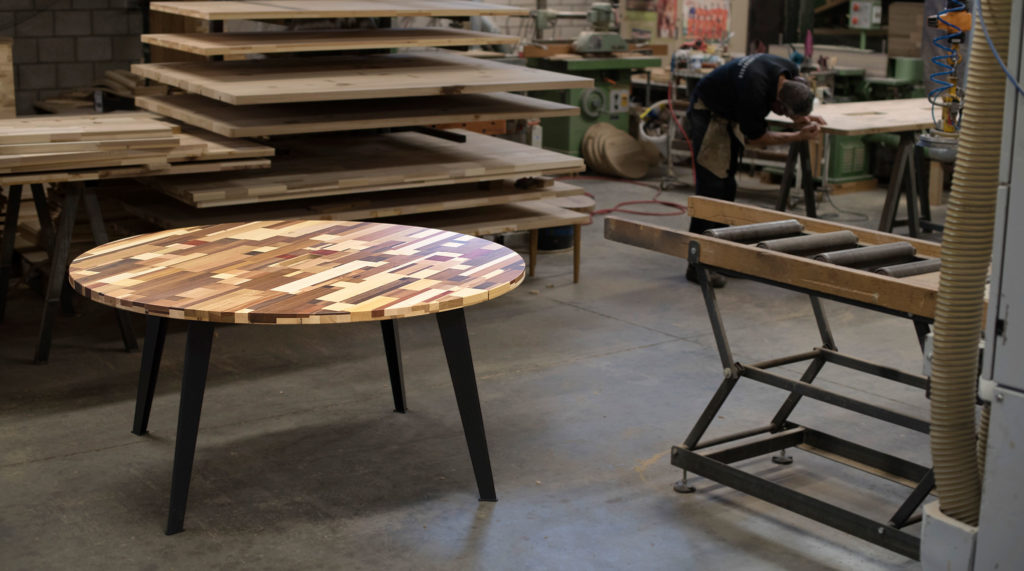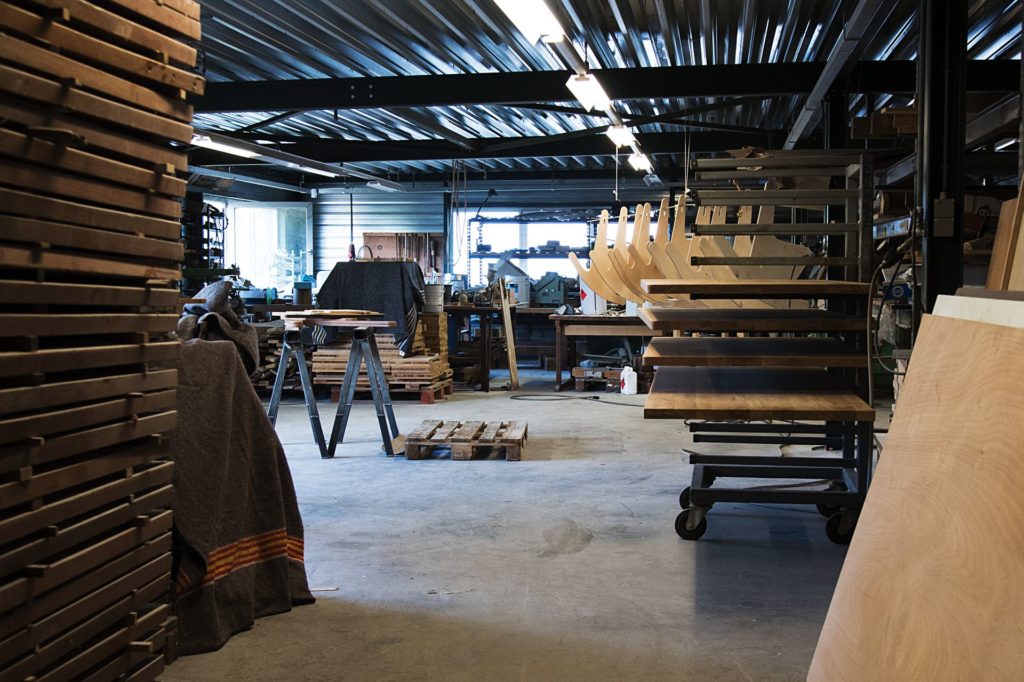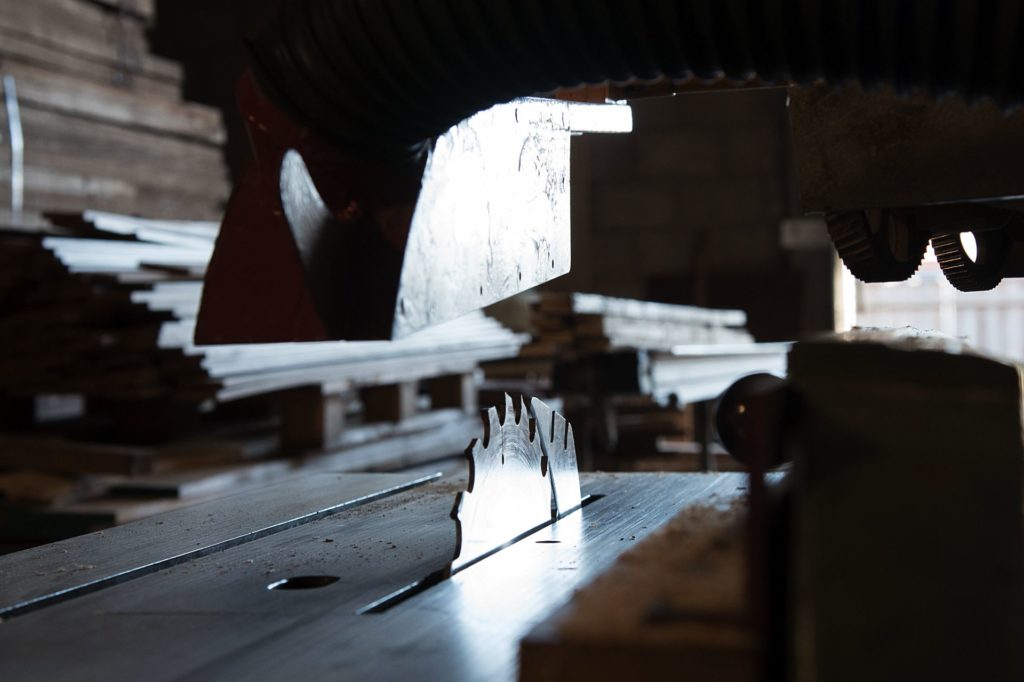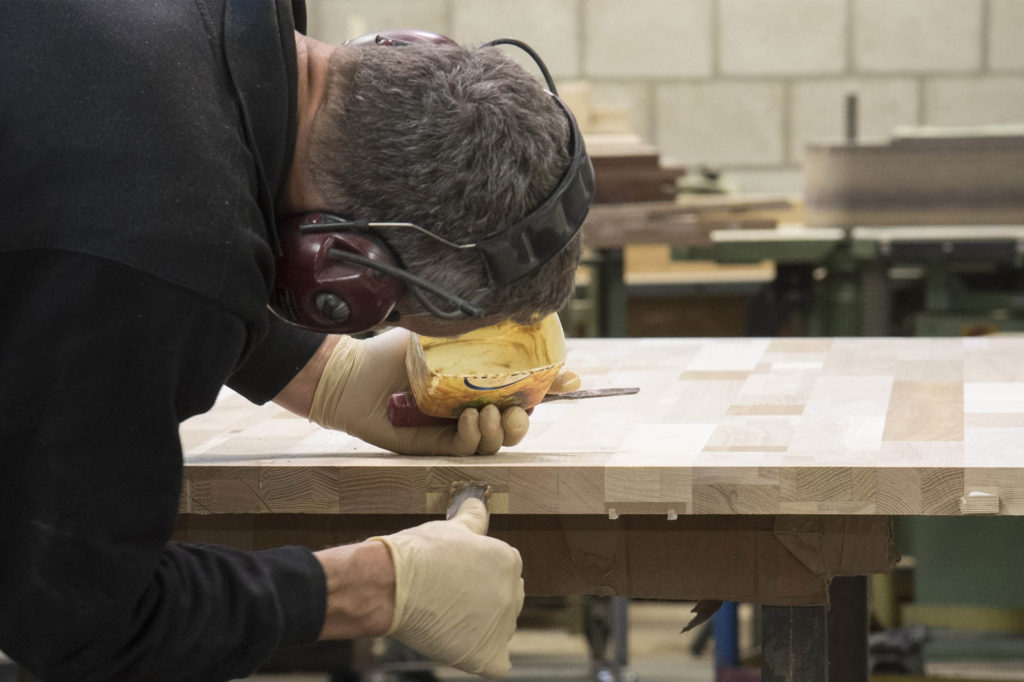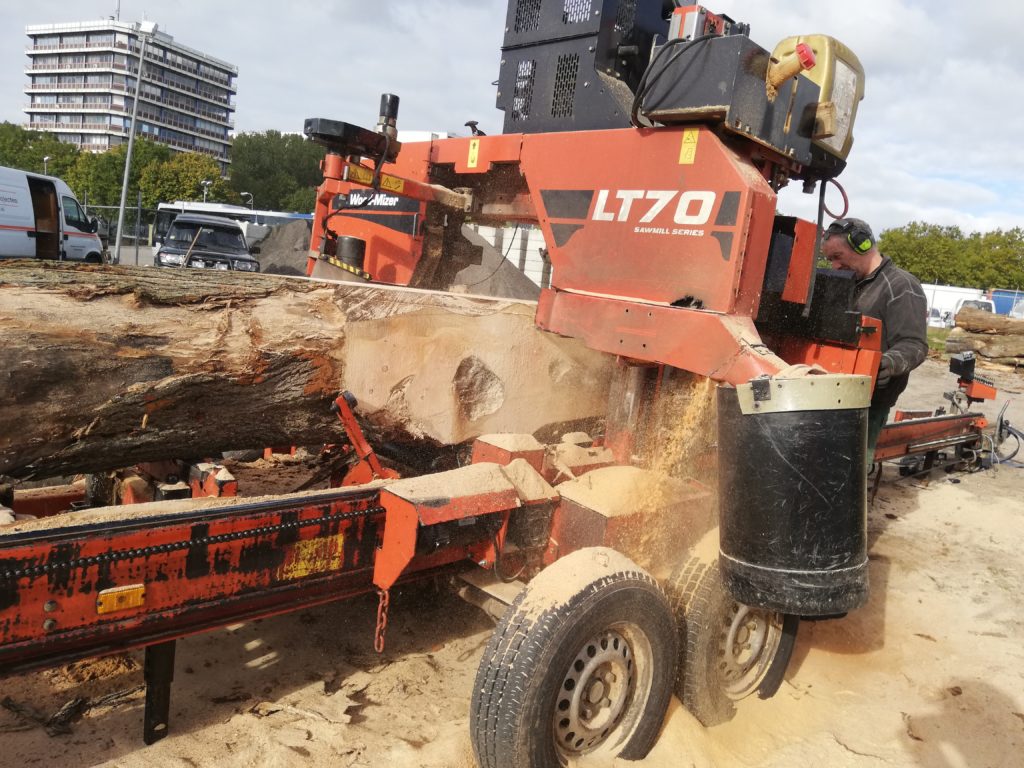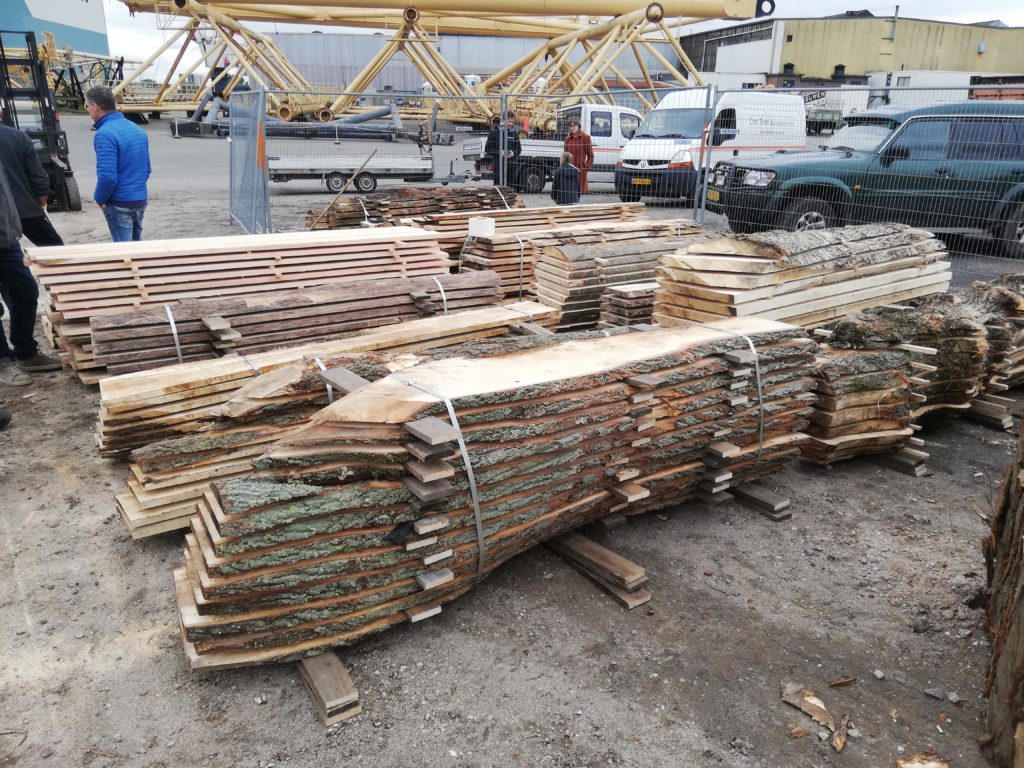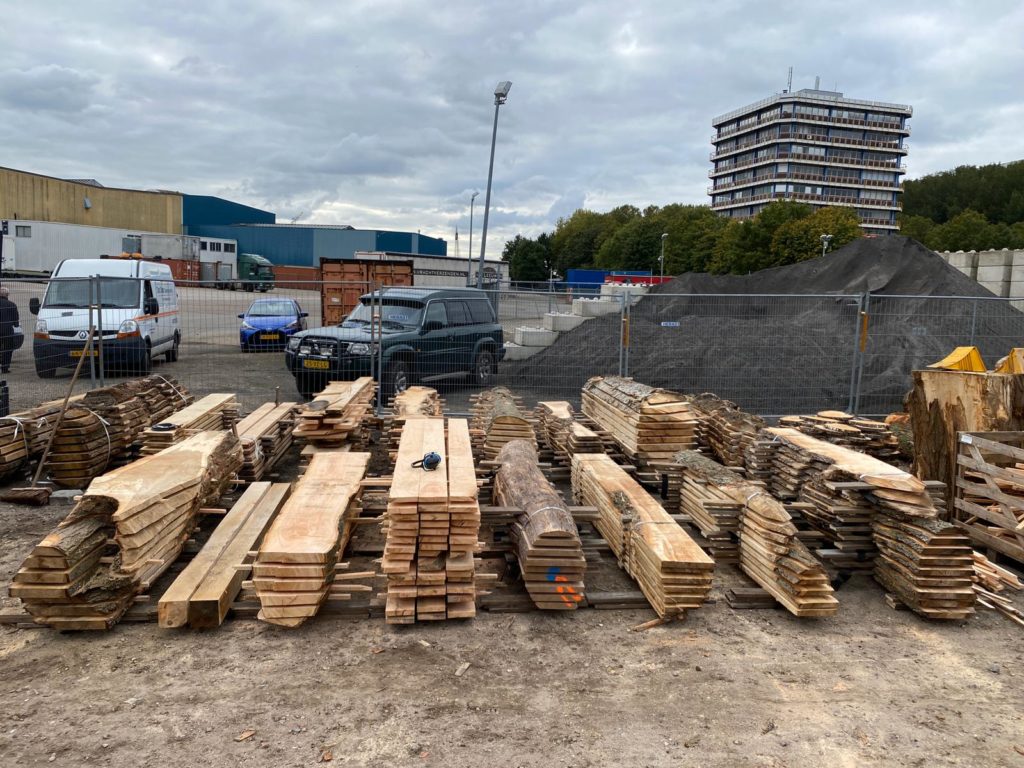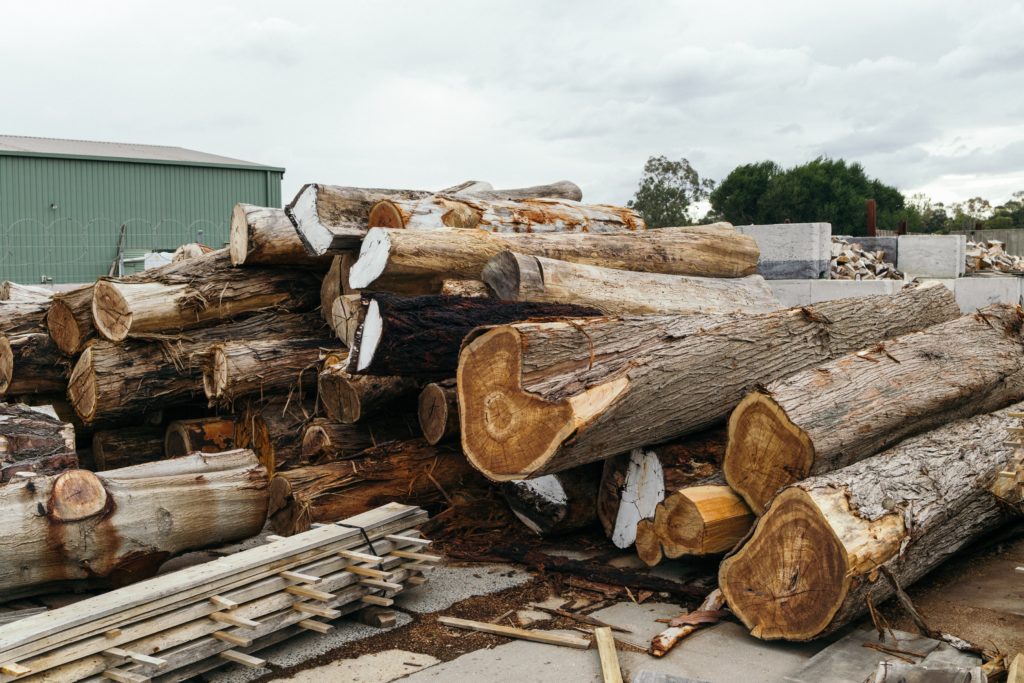PILOT 1: Controlling and recycling manufactured plastic
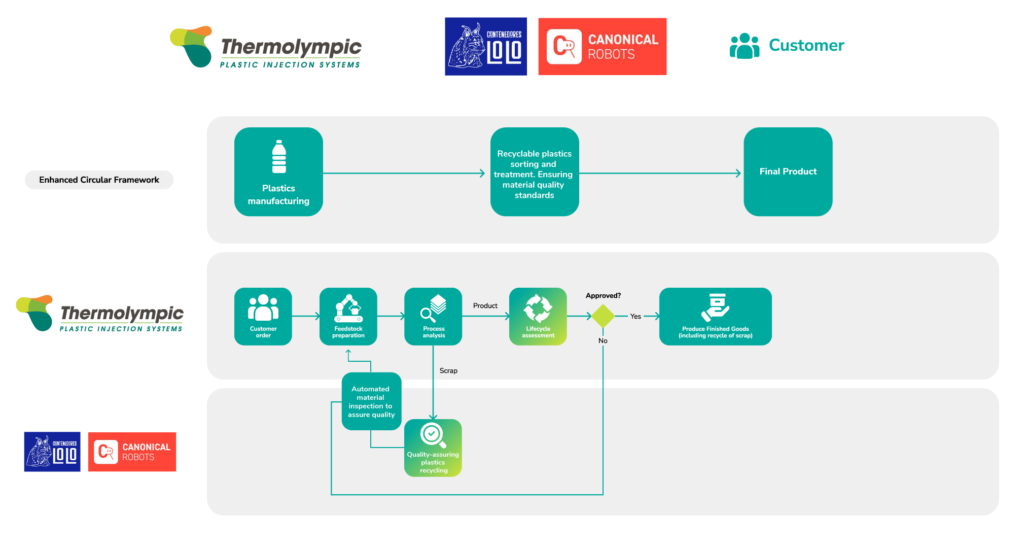
Thermolympic (MSME) manufactures plastic parts for the automotive industry.
Contenedores Lolo (recycler) purchases and collects plastics from wholesalers and retailers.
Location: Spain
Challenges: CIRCULOOS works for Thermolympic (THER) and CANONICAL (CAN) to acquire certified and high-quality recycled plastic from additional sources other than only the customer themselves.
Status: Currently THER manufactures plastic parts and ships them to their automotive customer. The customer returns some amount of these parts for recycling and THER reuses them to produce new parts which meet the recycled and quality requirements. No other sources of recycling plastic are used, other than those provided by the customer.
Technologies needed: Two vision units and a robotic arm. Orchestrated production processes, LCA tools to measure the end –to-end sustainability and RAMP, as IOT will enable data gathering and visualisation and marketplace will enable partners to be identified, matched and start working together.
Results: THER will be able to provide relevant data related to both their customers’ requirements and related to the recycled plastic characteristics with recycling facilities with the Agile and flexible supply chain orchestration. The supply chain will be optimised with the potential to receive recycled material from other sources. Data will be securely shared between the supply chain actors as needed.

RAMP: The required recycled plastic characteristics will also be available on RAMP, making acquiring recycled plastic from other sources possible.
The sustainability of the supply chain and product lifetime will be assessed to certify the overall end-to-end environmental impact of the delivered product.
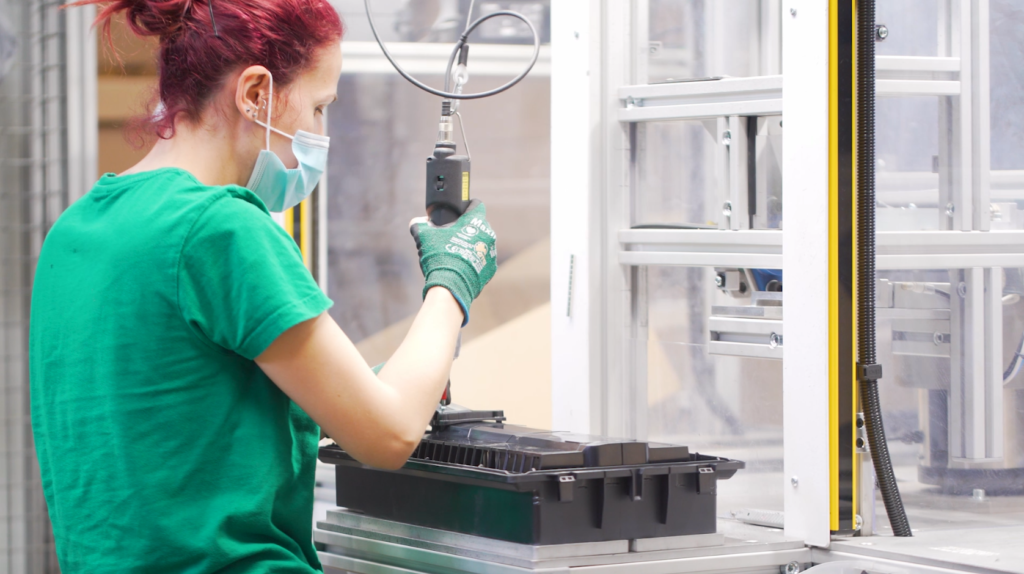
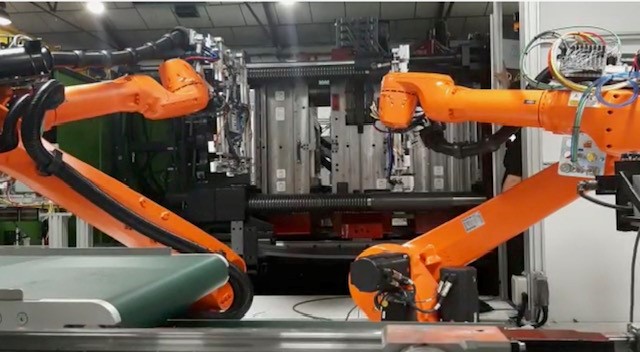
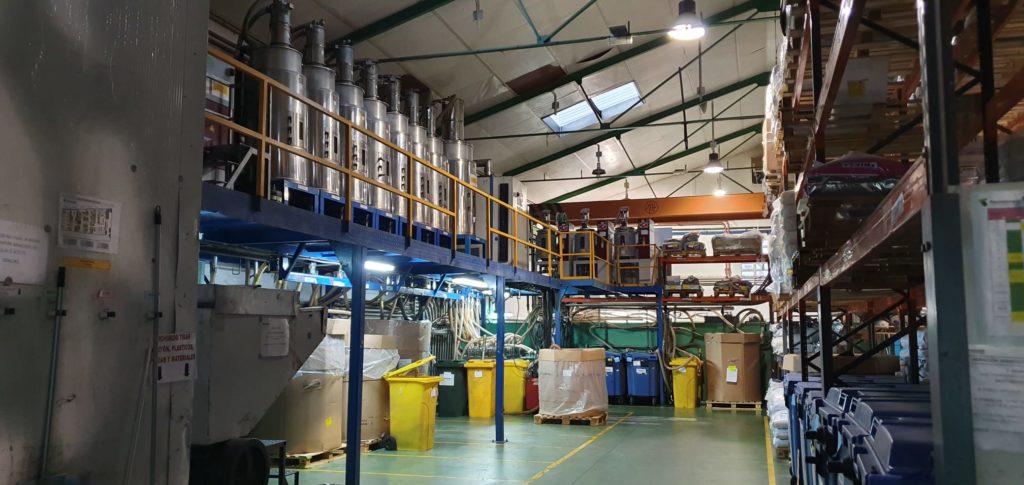
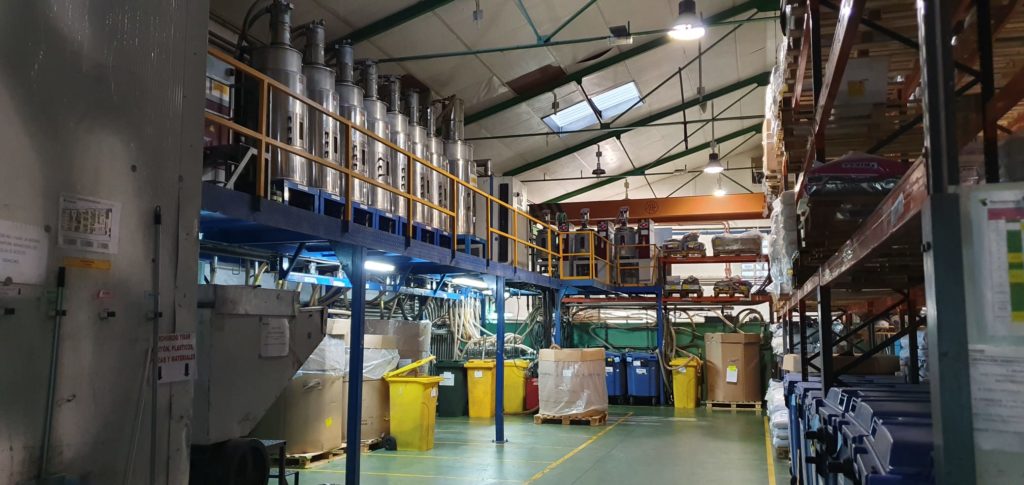
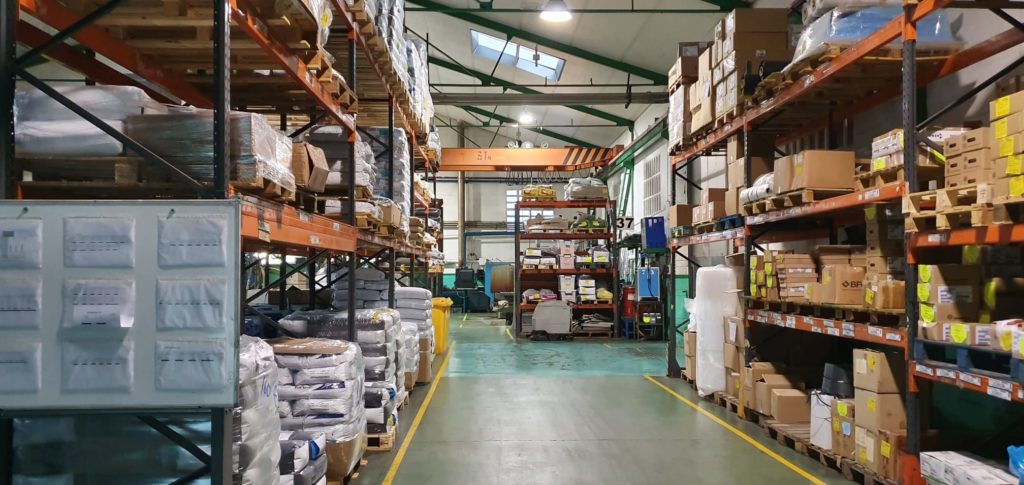
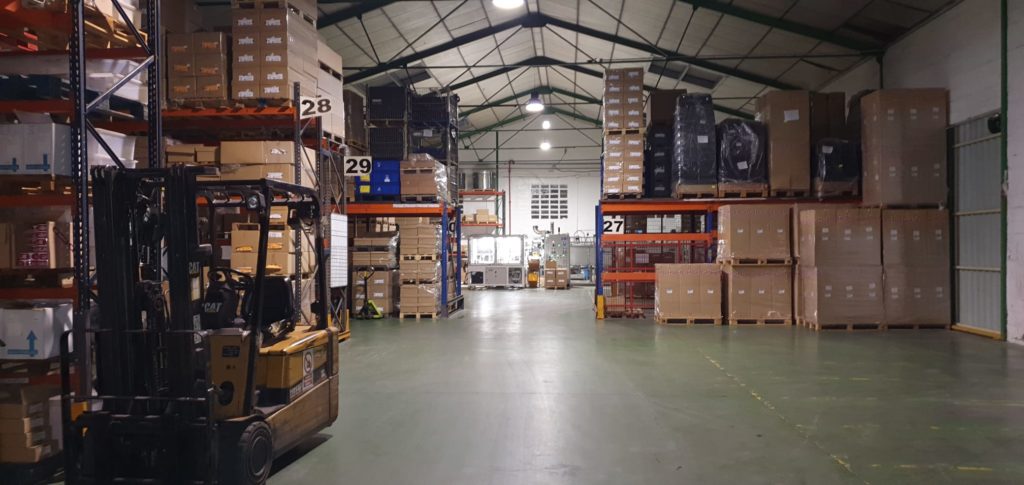
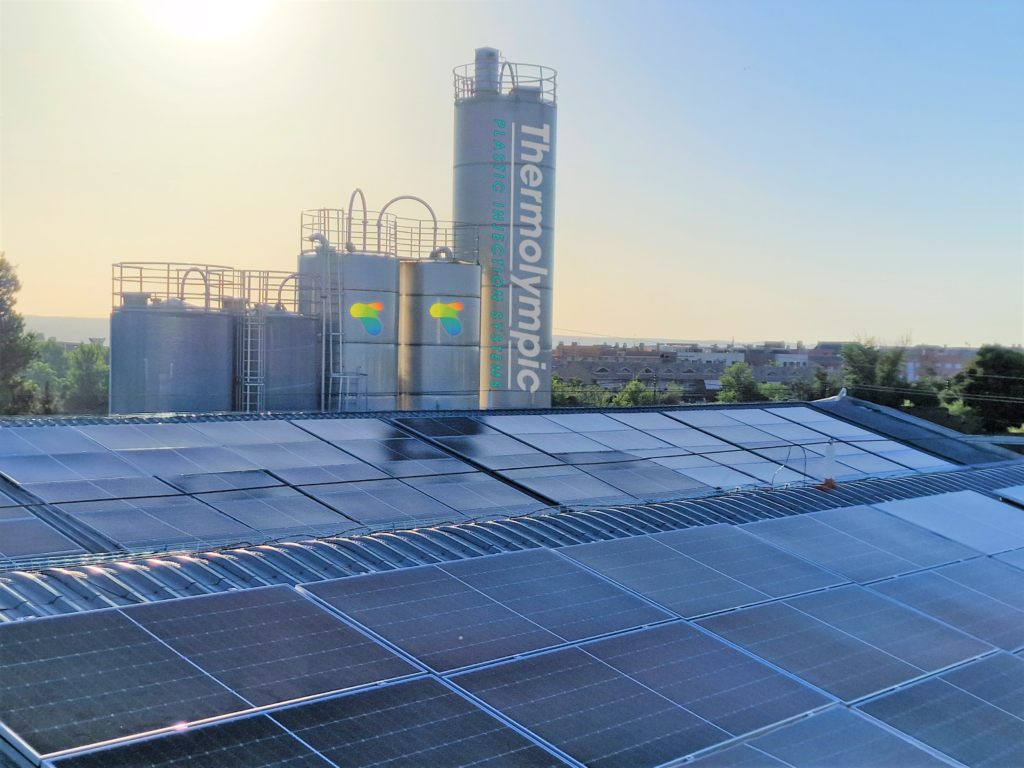
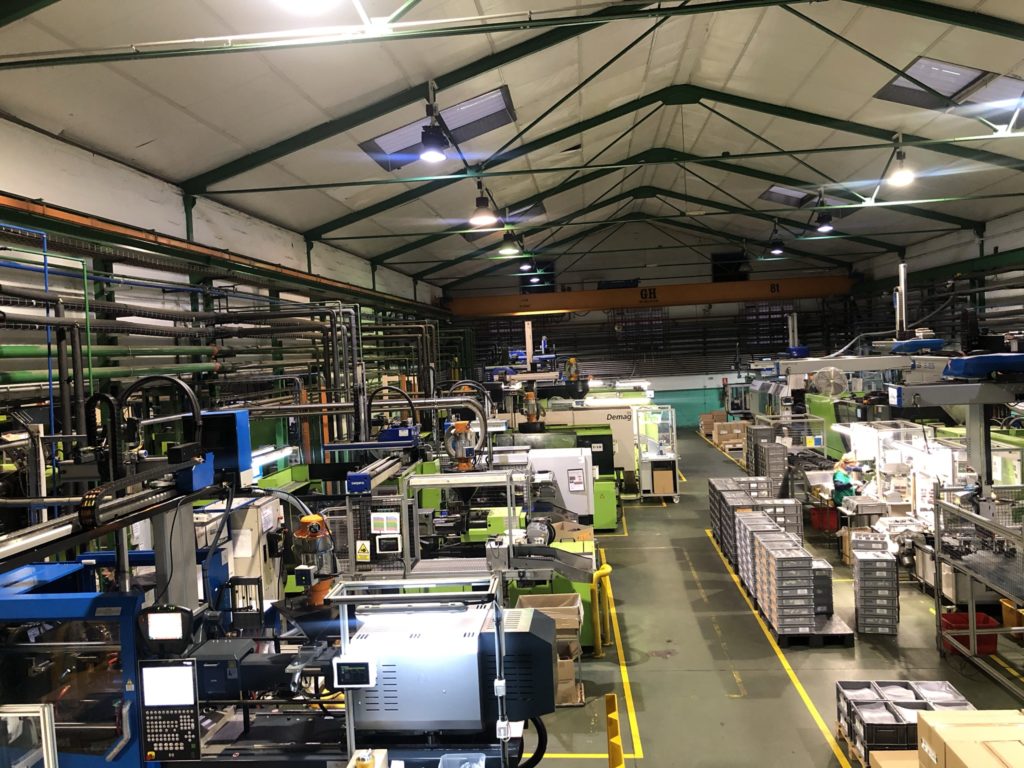
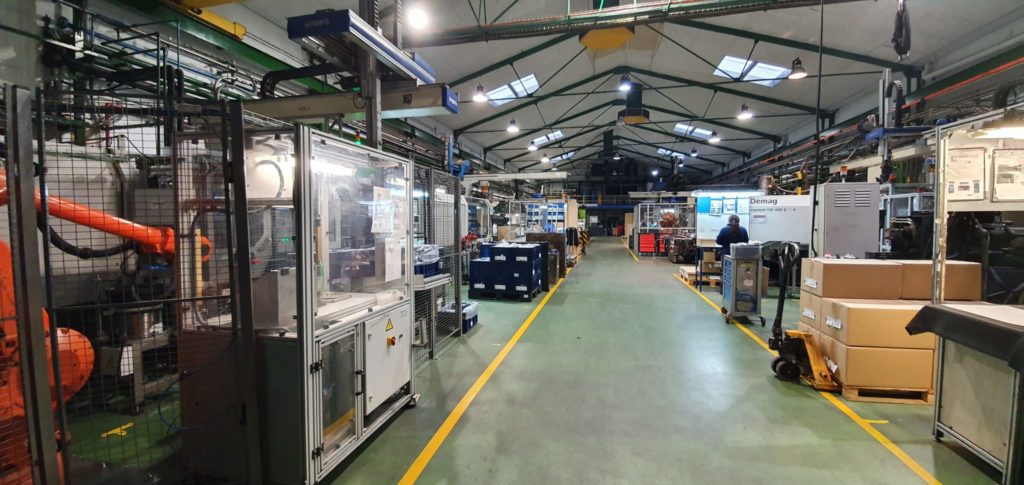
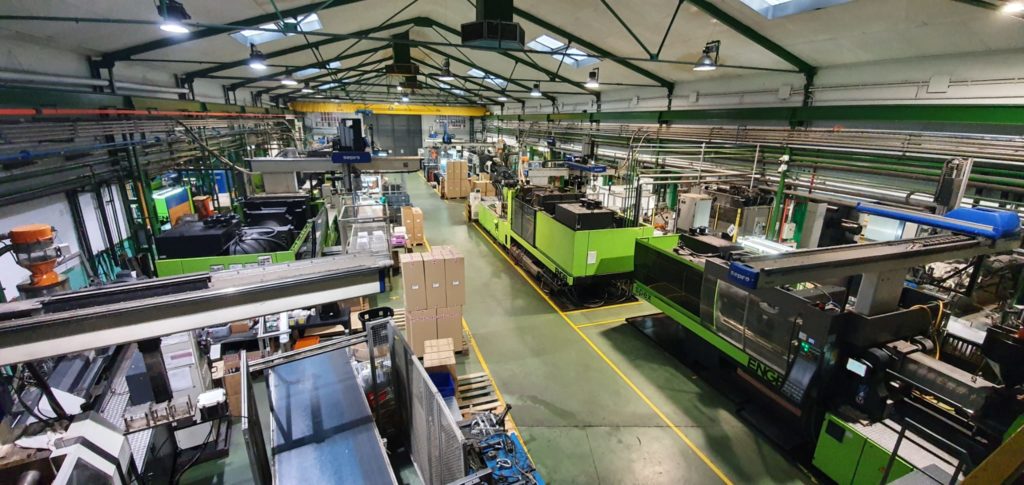
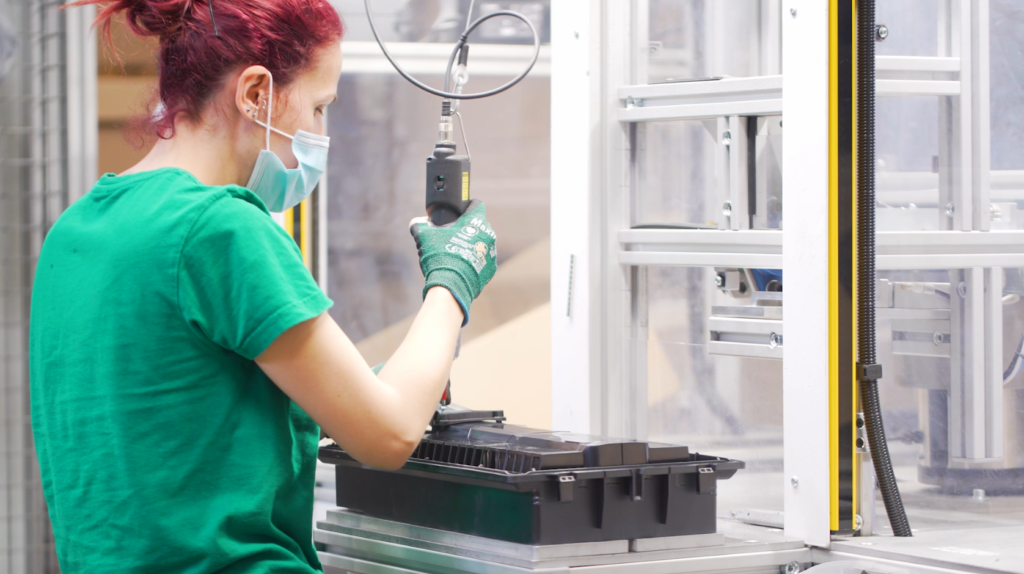
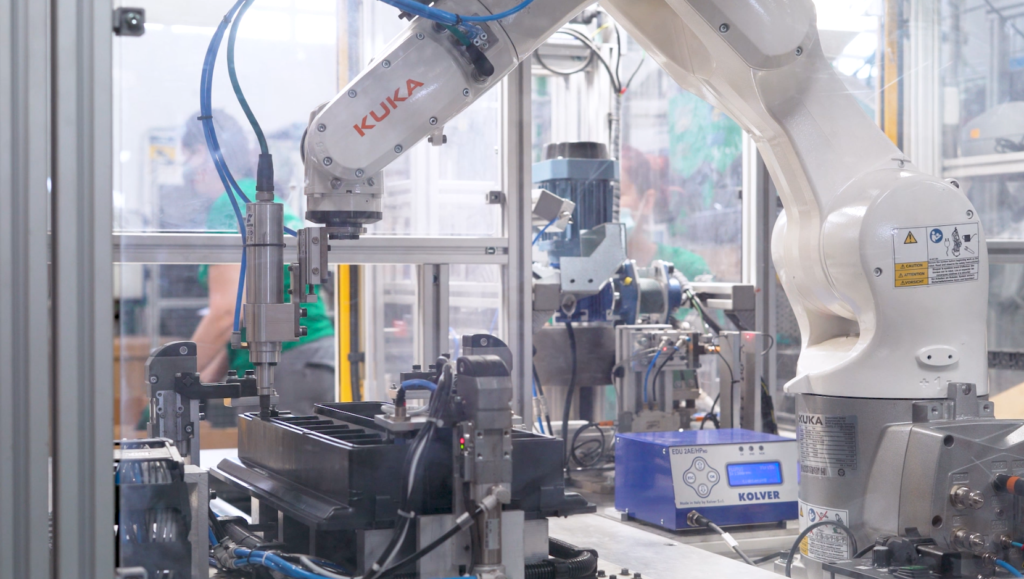
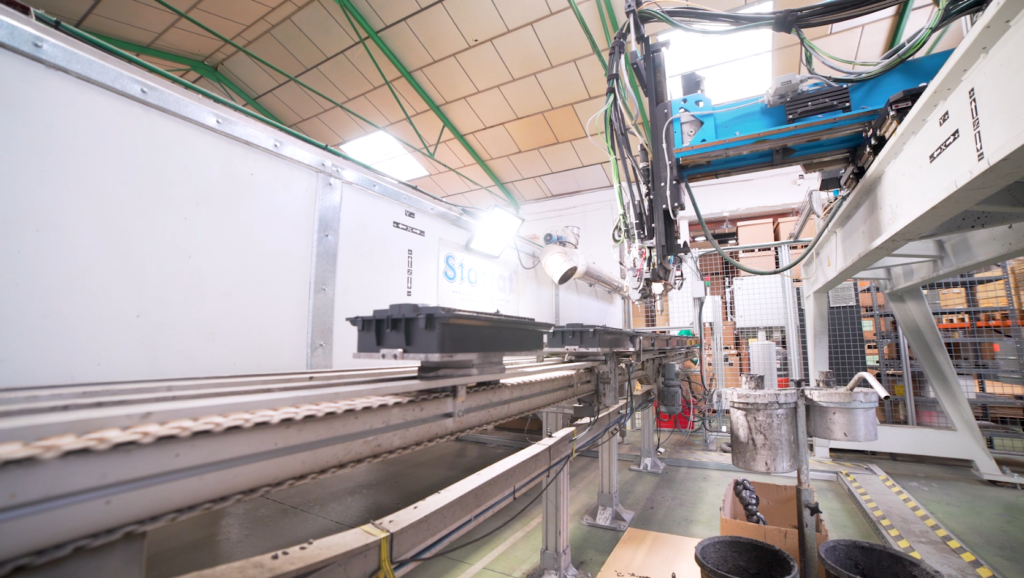
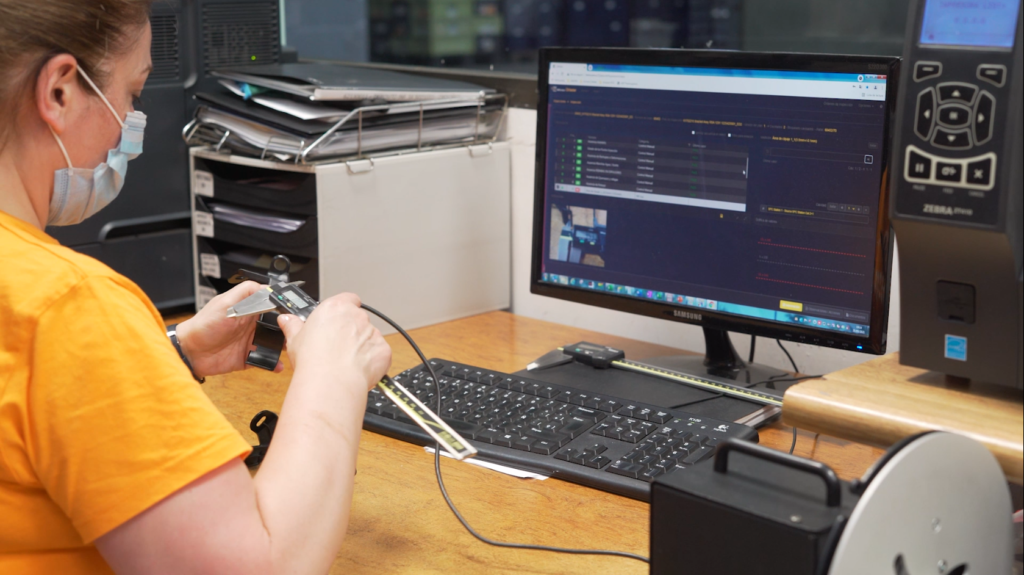
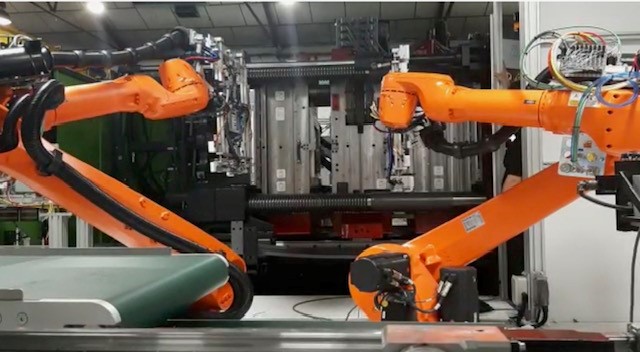
PILOT 2: Remanufacturing leather waste Remanufacture
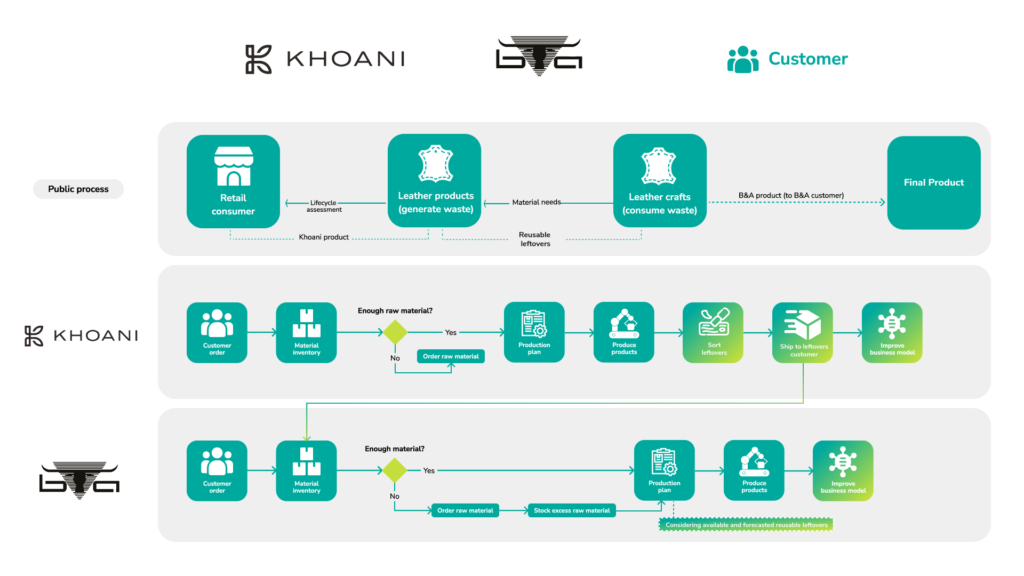
Khoani (leather products producer SME), manufactures products and clothing accessories from leather (and alternative raw materials)
B&A (leather products producer SME), is a leather product manufacturer focused on the sustainable goods
ITI Hungary (consulting company), serve the IT solutions for the pilot manufacturing companies
Location: Hungary
Challenges: CIRCULOOS will enable scalable collaboration for the stakeholders interested in leather industry circularity
Status: The leather industry (mainly tanneries and footwear manufacturers) and fashion industry are responsible for a significant amount of waste in Europe. The manufacturing companies (B&A, KHOANI) involved in this project have already tried to minimize waste in their own production processes, but the cutting residue still ends up as waste in the landfill. When buying raw materials, manufacturers are forced to buy whole leather boards and stock them up, they couldn’t purchase smaller piece of leather needed for production.
Technologies needed: Waste database (waste webshop) open to all leather related stakeholders, other tools which help the identification and classification of leftovers.
Results: The supply chain will be optimised with some circular solutions (waste database, remanufacturing solutions, sustainable leather products, etc.). As a result, waste will not be forwarded for treatment but will be reused in production instead in the most efficient manner. Process and waste data will be securely shared between the entities, allowing other stakeholders into the waste database users.

RAMP: The tradeable leather leftovers’ information from the waste database (webshop) will be available on RAMP marketplace.
The sustainability of the supply chain and product lifetime will be assessed, enabling both actors to continuously improve their business models and verify the circularity/sustainability of their manufacturing.
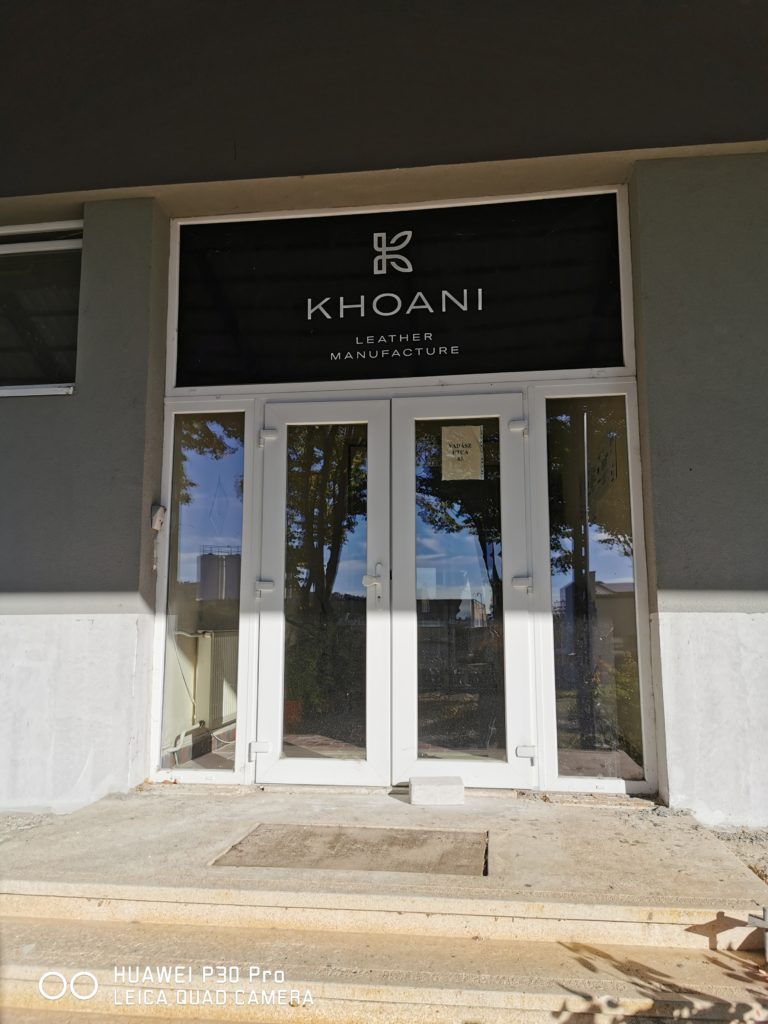
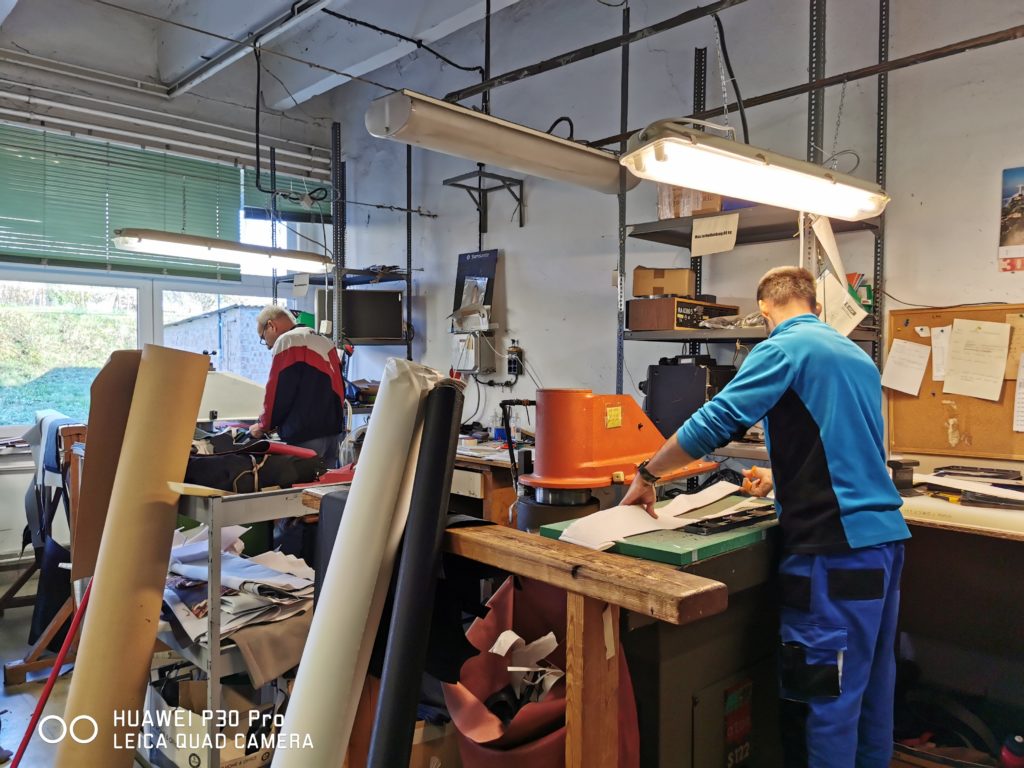
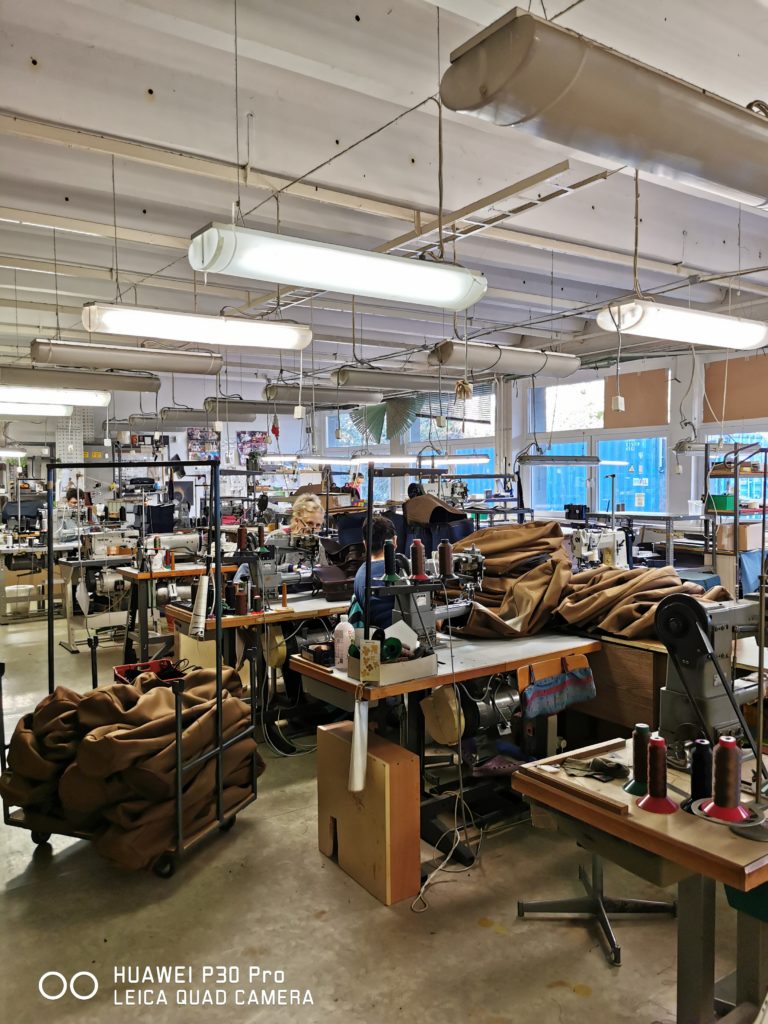
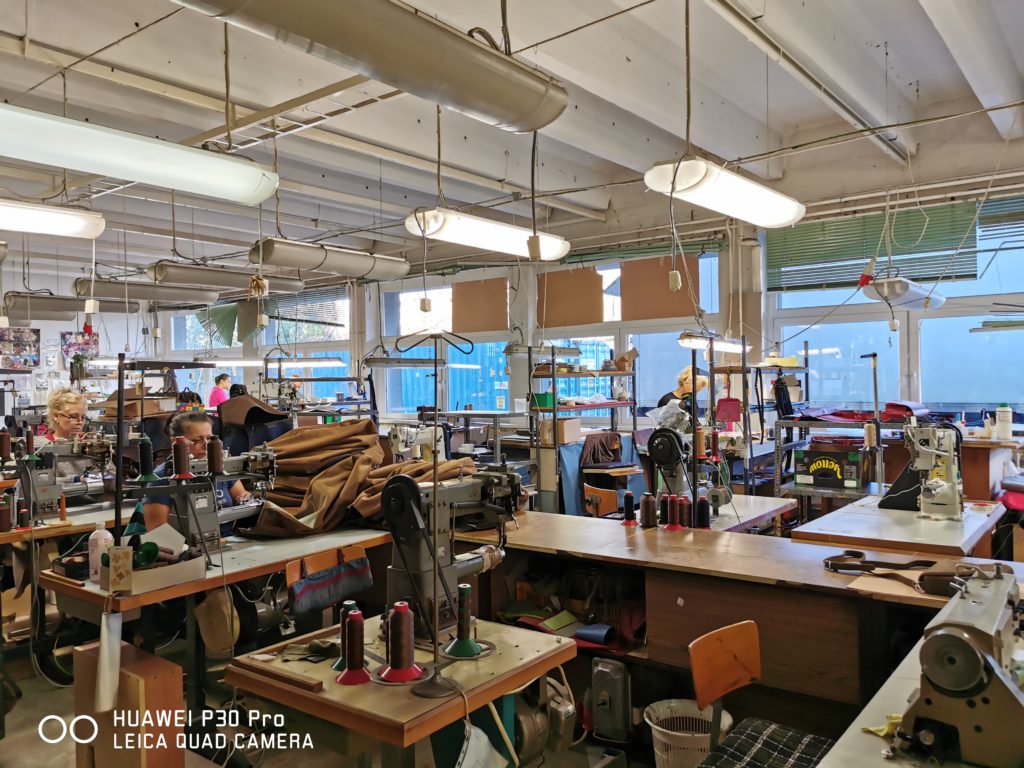
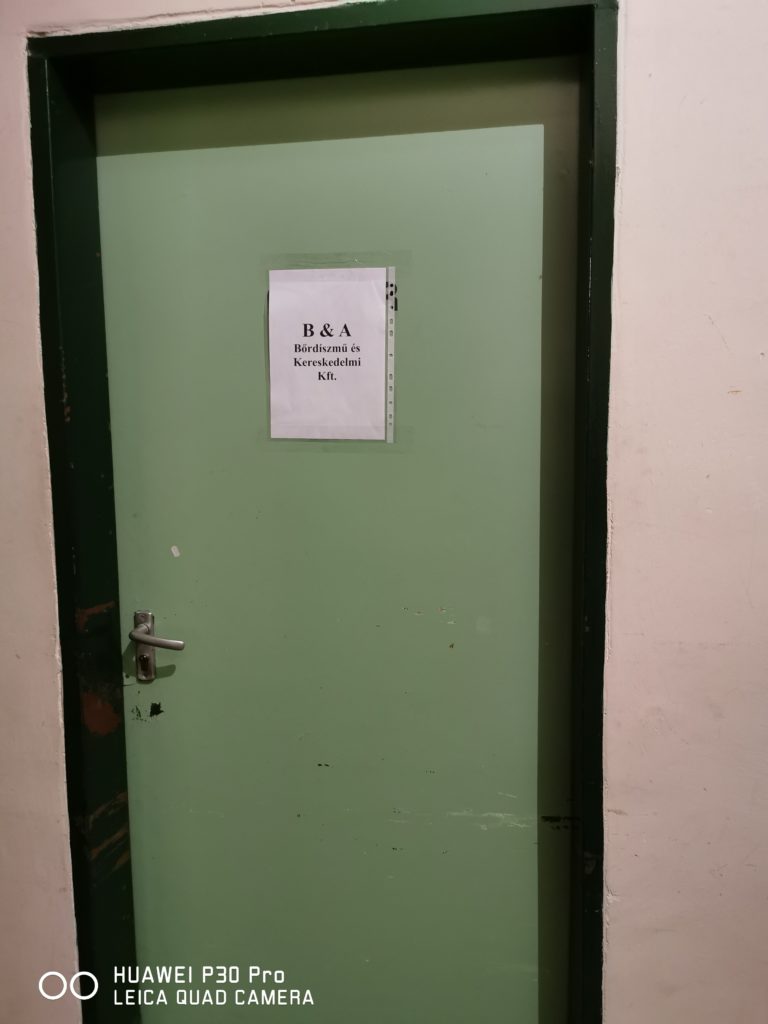
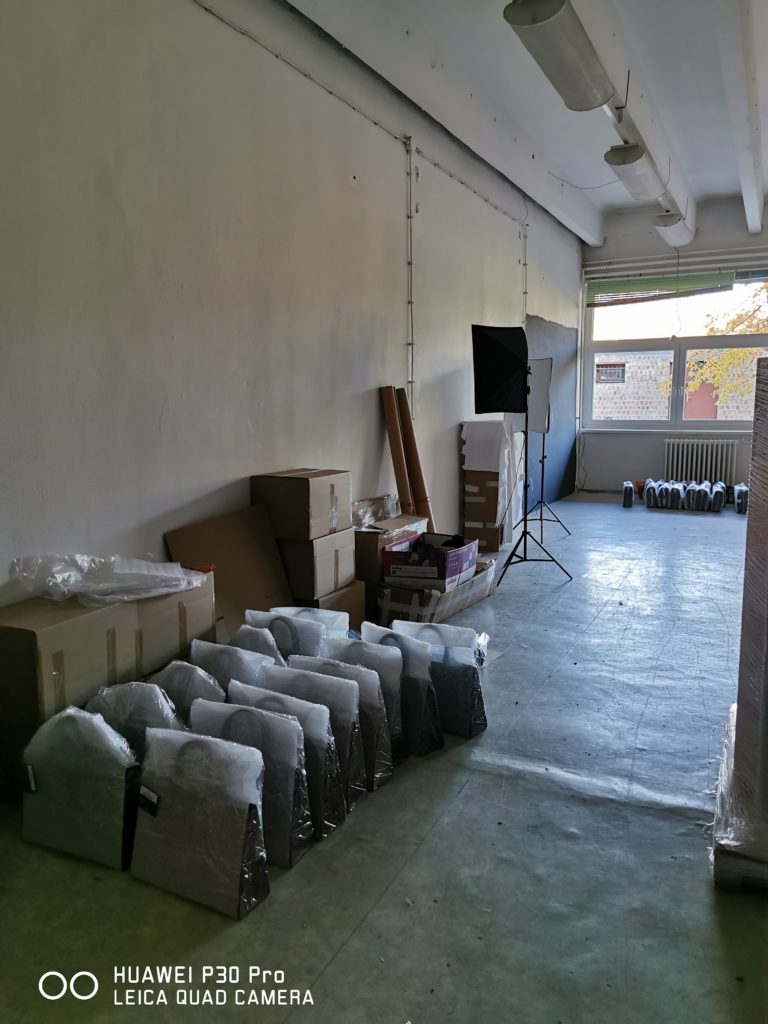
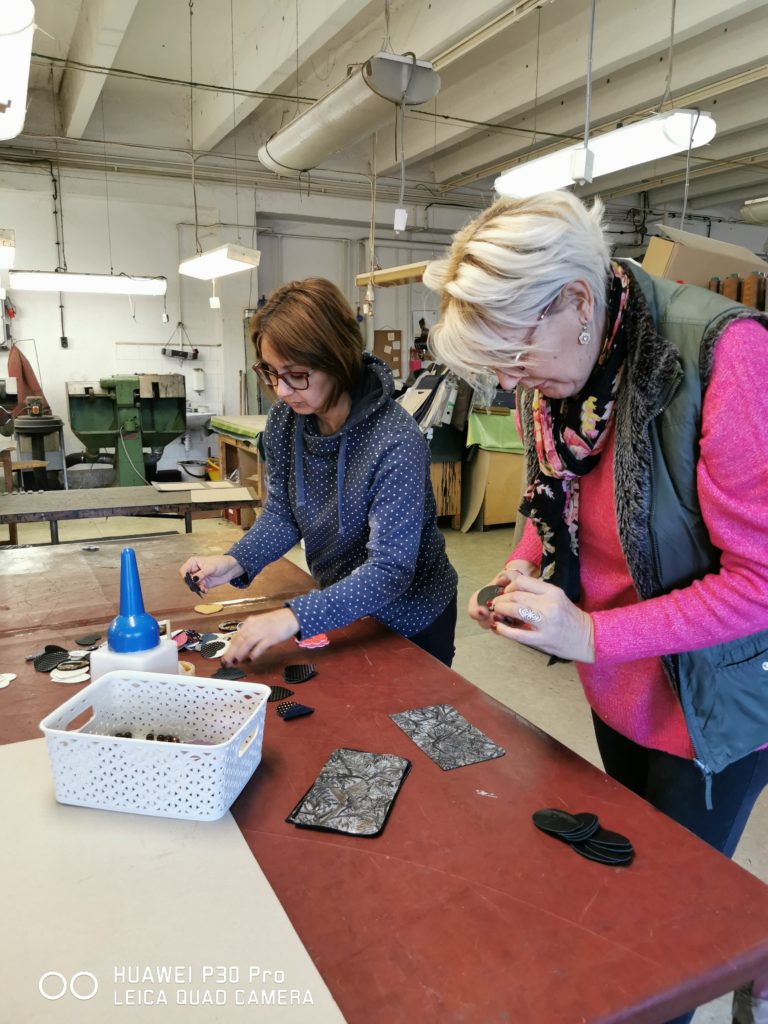
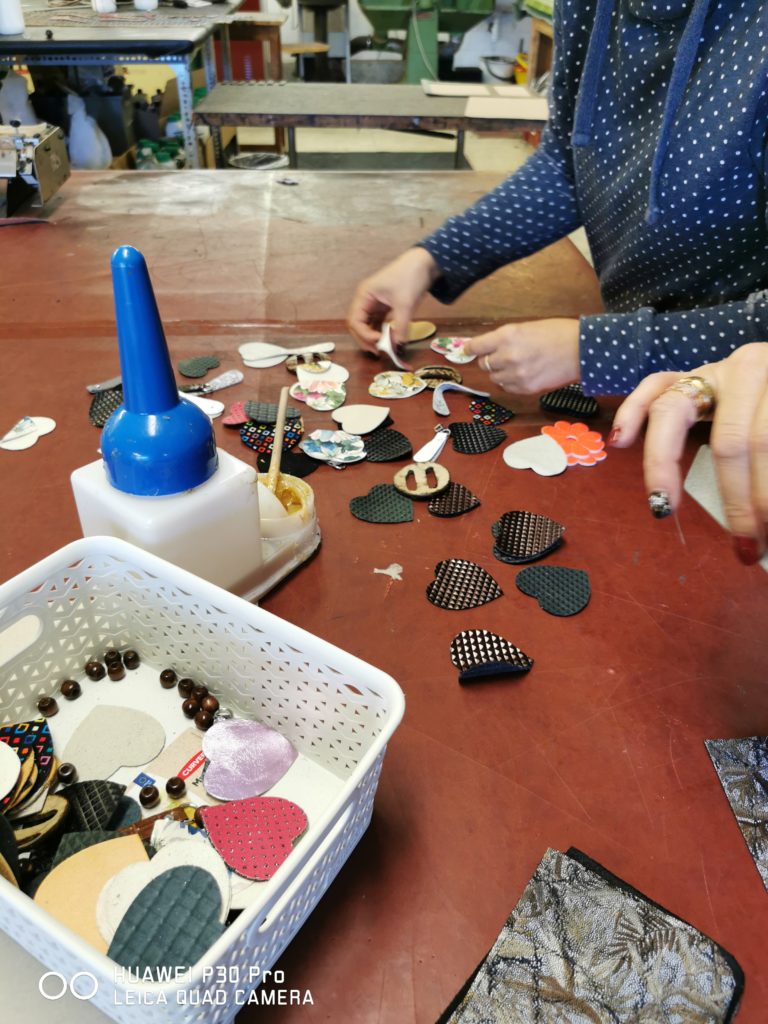
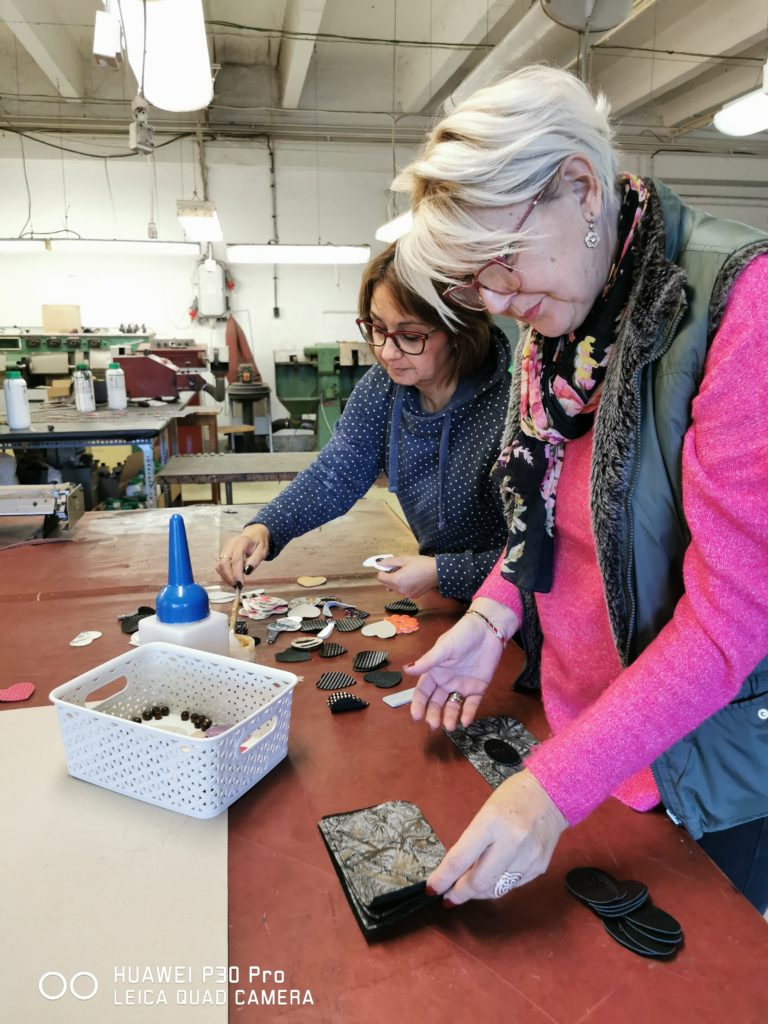
PILOT 3: Remanufacturing wood for sustainable construction
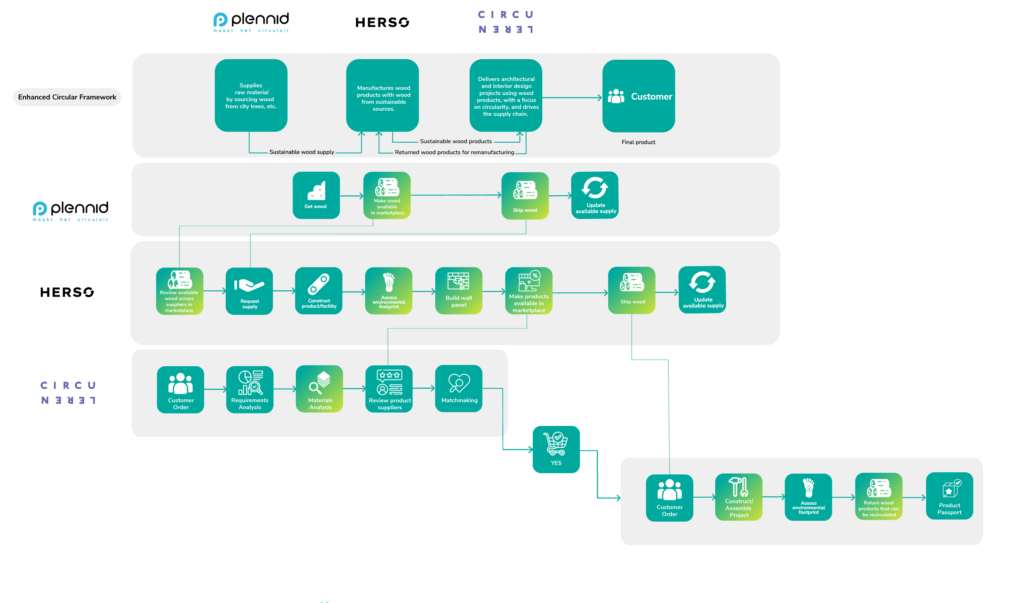
Circu Leren (wood crafting) focuses on producing end-products for interior designers/builders
Plennid (Wood supply)
Herso already uses sustainable wood in half-fabricated products and wants to upscale this to create a bigger supplies for companies like Circu Leren
Location: The Netherlands
Challenges: The companies need a sufficient stream of half-fabricated products with continuity.
Status: Sustainable/circular wood is classed as used wood (reclaimed) or fresh wood (from local trees), and is processed in a way that it can be refurbished, remanufactured, or repurposed. While different sources of sustainable wood are accessible, it is difficult for Circu Leren to manage other sources to acquire wood with the desired characteristics. When required wood characteristics are defined, Circu Leren contacts suppliers for sustainable wood sources. This ad-hoc communication does not always ensure that sustainable wood is supplied in time without an overview of the availability across their suppliers. At the same time, it also complicates the supply by introducing potential additional transport costs, as the deals are closed on a first-available-found order.
Technologies needed:
Results: CIRCULOOS will allow Circu Leren to have an overview of the available sustainable wood across suppliers, engaged in the pilot by Plennid, and plan for the most efficient supply. With an agile and flexible supply chain orchestration, the actors can share their needs and requirements for wood. At the same time, suppliers can share their current and upcoming sustainable wood resources. Data will be securely shared between Circu Leren and the suppliers.

RAMP will be used as the online platform that facilitates the wood supply. Circu Leren can also return residual wood for recycling through the platform. The sustainability of the supply chain and product lifetime will be assessed to ensure that Circu Leren’s constructions meet sustainability and circularity objectives.
The sustainability of the supply chain and product lifetime will be assessed, enabling both actors to continuously improve their business models and verify the circularity/sustainability of their manufacturing.
